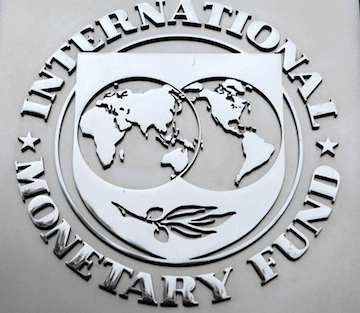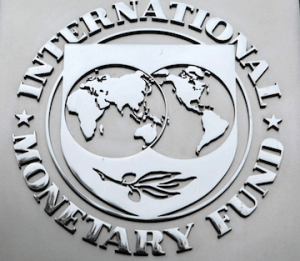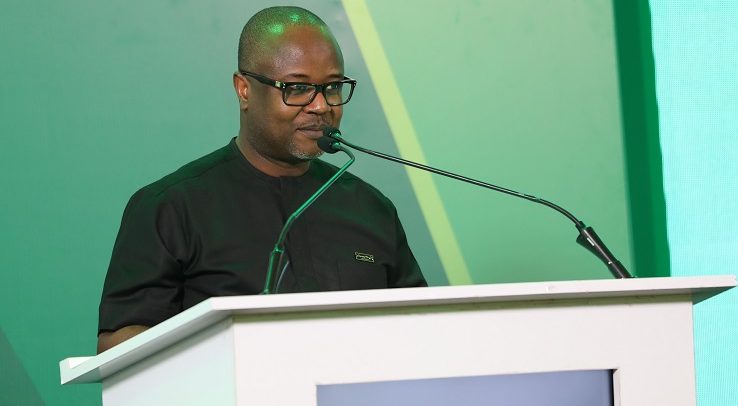

 Ghana’s financial sector is showing significant signs of stability and recovery following the Domestic Debt Exchange Programme (DDEP).
Ghana’s financial sector is showing significant signs of stability and recovery following the Domestic Debt Exchange Programme (DDEP).
According to the IMF, most of the banks have met or exceeded their recapitalization targets by the close of 2024.
This positive assessment comes from a recent International Monetary Fund (IMF) report on Ghana’s financial sector.
The report highlighted that 13 banks, which recorded capital deficits after the DDEP, had largely restored their Capital Adequacy Ratios (CAR) to 13 percent (without reliefs) and are on track to achieve full compliance by end-2025.
This progress is attributed to strong bank profitability and crucial support from the Ghana Financial Sector Stability Fund (GFSF).
However, the IMF noted that a few banks, including one state-owned institution, were behind their recapitalization schedules.
This is due to slower-than-anticipated progress on shareholder capital commitments, elevated Non-Performing Loans (NPLs), and delays in recognizing credit impairments and provisioning identified during the Bank of Ghana’s (BoG) 2023 asset quality assessments.
These institutions are now under intensified BoG monitoring and subject to corrective measures to accelerate their recapitalization plans, aiming for a CAR of 13 percent by end-March 2025 (as per the Staff-level Agreement Baseline) by end-2025.
The report also emphasized the potential positive impact of the World Bank-funded segment of the GFSF, which could assist some banks in meeting their CAR targets, provided they secured the necessary capital injections to be eligible for access.
In a significant development for state-owned institutions, the National Investment Bank (NIB) has received substantial government support.
Source: GNA
The post IMF cites improved Ghana banking sector stability post DDEP appeared first on Ghana Business News.
Read Full Story









Facebook
Twitter
Pinterest
Instagram
Google+
YouTube
LinkedIn
RSS